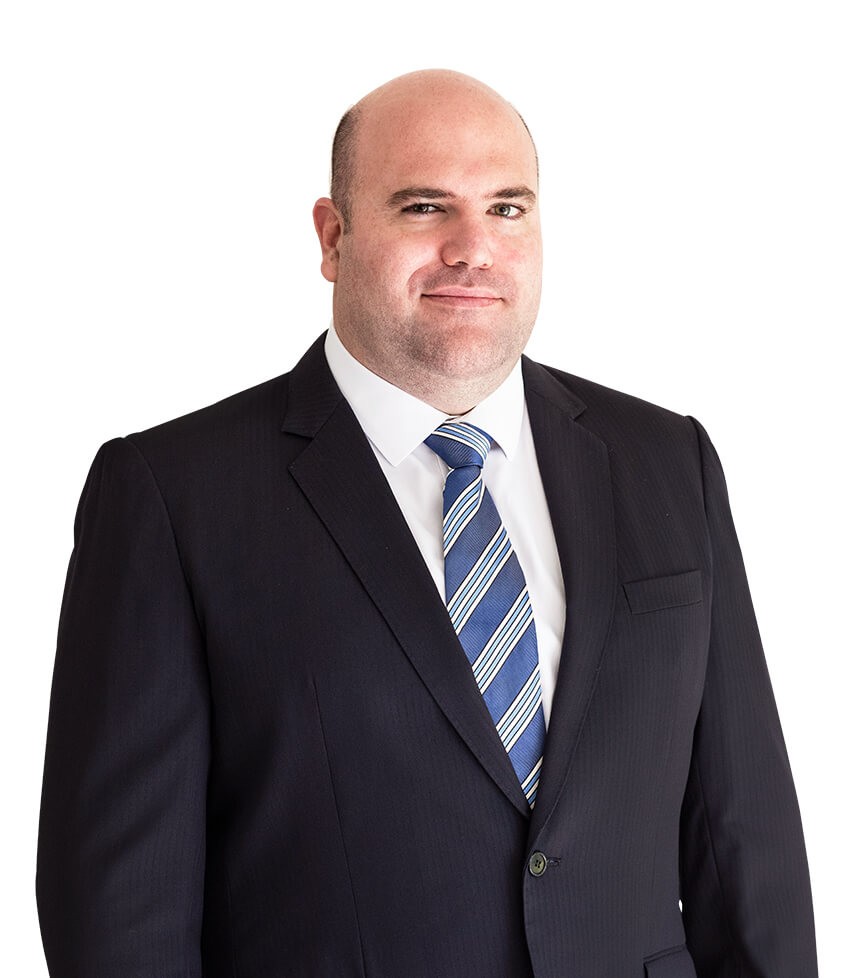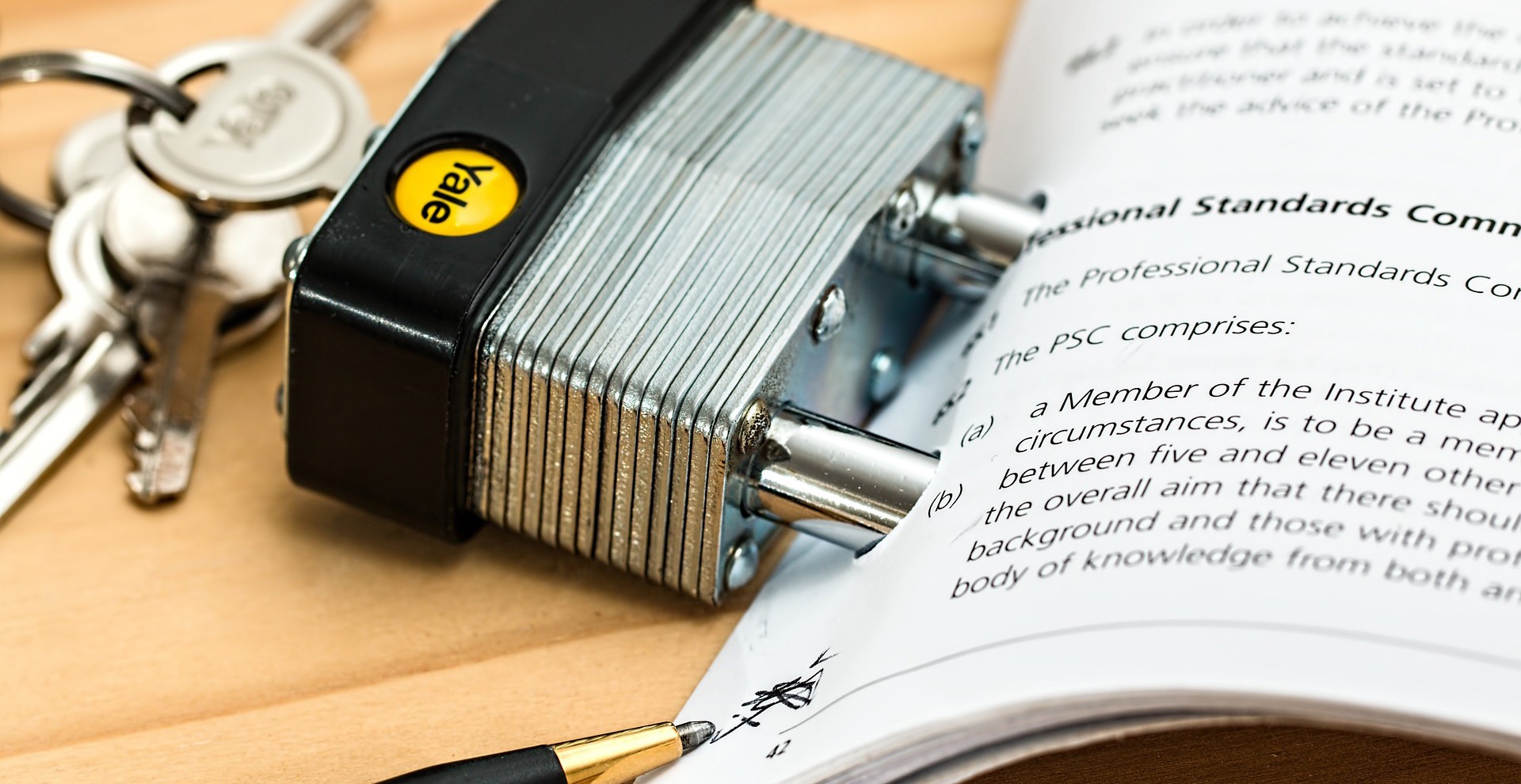Provisional remedies, a double-edged sword

Published byGonzalo Barreda

Infringement actions and provisional remedies are the main tools of trademark owners to protect their trademarks and promptly end any existing infringement. Nevertheless, this same tool can also be the final thrust that will finish with the legitimate business of the trademark’s true creator, or will oblige such creator to give in to the abuses of those criminals whose business is stealing others’ trademarks, and the resale of said trademarks to their own owners.
According to the criterion of the Intellectual Property Division of INDECOPI, if there exists a registered trademark, it must be protected. Said protection implies, of course, the issuance of provisional remedies, which will not be lifted while the trademark basis of the infringement is registered, even when there are strong indications that the registered trademark is null and that was applied for registration in bad faith or, worse still, even when the trademark nullity was already declared in the first instance. In other words, although the bad faith in the registration of a trademark is evident and unquestionable, and even having a first instance resolution declaring the nullity of the trademark, if such decision is appealed, INDECOPI will continue protecting it, even ordering provisional remedies.
Due to this fact, trademark owners must be more careful when registering all their trademarks and make sure they are opportunely renewed since, if they inadvertently use an unregistered trademark in Peru, any third party who realizes such inadvertence could register the trademark in its name and immediately bring an infringement action against the true owner of the trademark, even requesting the issuance of provisional remedies, which will probably be granted and will not be lifted until the trademark at issue is definitely annulled at the appellate instance.
Of course, as in these cases the bad faith is evident, the true owner will be able to file the corresponding nullity action, obtain a favorable result in the first and the appellate instances and recover its trademark, but will not be able to use the trademark during all the course of said proceeding, due to the imposed provisional remedies. This situation generates that occasionally the true trademark owners consider that purchasing the trademark to the party who stole it, is a more efficient way than waiting for a legal solution, since it is not possible for them to stop using their trademark for a year and a half period that the proceeding could last.
Although we are of the opinion that provisional remedies should be lifted when there are indications that the trademark basis of the infringement is null, such as a first instance resolution declaring the trademark nullity, the fact is that the present reality is not like this, for which reason the purpose of the present note is to alert the owners of trademark rights to the huge risk there exists if their trademark is not adequately registered in Peru, or is not renewed at the proper time.

